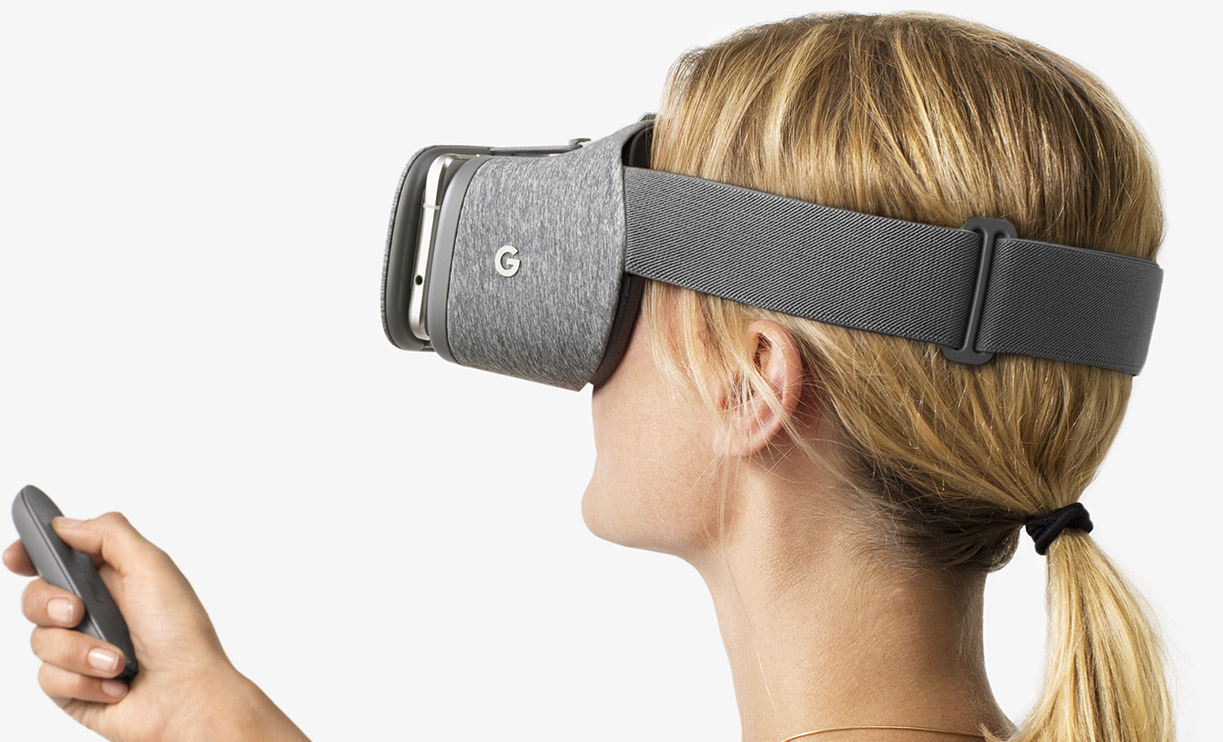What Happened
Starting this week, Google is allowing all developers to create and publish Daydream VR apps via the Play Store, just like they would with regular Android apps. Daydream is Google’s mobile-powered VR platform that the company introduced at its 2016 Google I/O event last May. Prior to this week’s announcement, creating Daydream VR apps has been limited to a select group of partners. To ensure the quality of its VR apps, Google has also published a page of Daydream app quality requirements that all developers will need to meet.
What Brands Need To Do
While the Daydream VR platform is currently only supported by a handful of new Android handsets, Google appears to be determined to push it further, and opening up the platform for all developers is an important step towards that. (Google is also putting Daydream VR headsets on sale as part of this push.) With Daydream opening its gate, brands gain a new VR platform to consider when it comes to developing and distributing branded VR and 360-degree content, which a number of early-adopting brands, such as Marriott and Mountain Dew, have been doing to offer customers a powerfully immersive experience.
How We Can Help
Our dedicated team of VR experts is here to guide marketers through the distribution landscape. We work closely with brands to develop sustainable VR content strategies to promote branded VR and 360 video content across various apps and platforms. With our proprietary technology stack powered by a combination of best-in-class VR partners and backed by the media fire-power of IPG Mediabrands, we offer customized solutions for distributing and measuring branded VR content that truly enhance brand messaging and contribute to the campaign objectives.
If you’d like to learn more about how the Lab can help you tap into the immersive power of VR content to engage with customers, please contact our Client Services Director Samantha Holland ([email protected]) to schedule a visit to the Lab.
Source: TechCrunch

